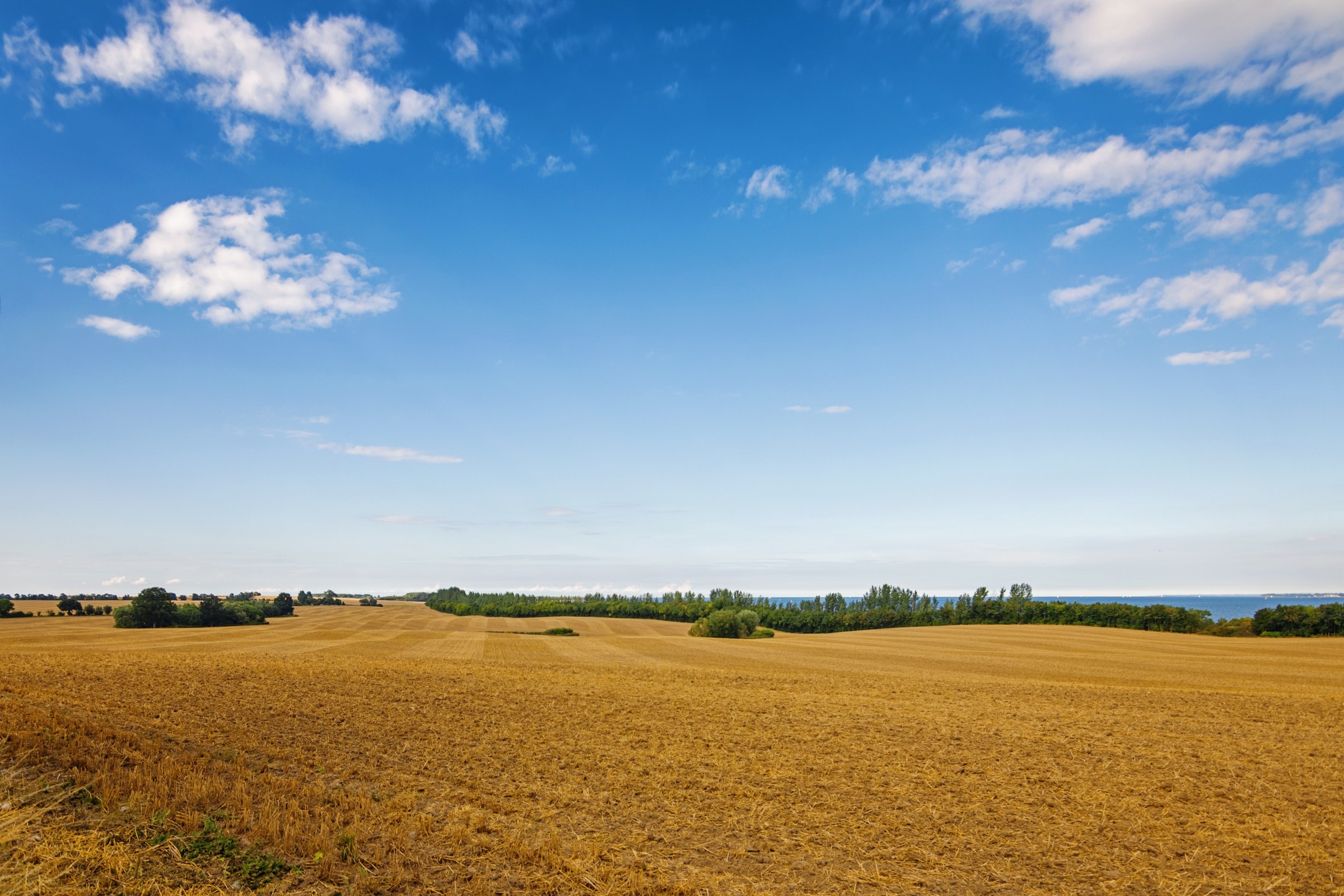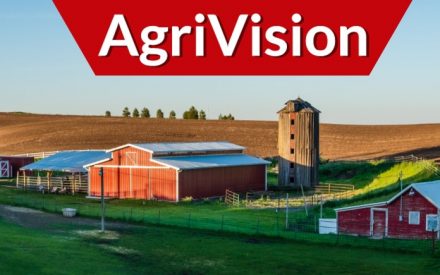Host Katie Wantoch and Kaitlyn Davis, Extension Agriculture Educator in LaCrosse County, discuss if a farmer and his son should prioritize paying down debt this year instead of replacing some equipment.
View Transcript
This is UW Extension’s Farm Management AgriVision Podcast. I am Katie Wantoch, Agriculture Agent with UW-Madison Division of Extension. I’ll be chatting with fellow Extension educators as we answer questions from farmers and share our knowledge and expertise on how you can improve your farm management skills. Today I am joined by Kaitlyn Davis, Extension Agriculture Educator in LaCrosse County. Welcome Kaitlyn to the podcast.
Kaitlyn Davis
Hello, Katie. Thanks for having me on today.
Katie Wantoch
Kaitlyn, the question today is from a farmer who farms 1700 owned and rented acres in southwestern Wisconsin with his son. They also custom combine in additional 1800 acres of corn, soybeans and wheat for neighboring farmers. His son is 33 and started farming with him in 2008. They have seen some really great years and some really bad years. The farmer knows a lot of people are excited about higher corn and soybean prices this year. But he is cautioning his son that this is no time to think these high prices will last more than a year, maybe two. His goal is to continue to pay down debt. They own 900 acres of land and owe about 2 million on land and equipment. The farmer realizes is likely they will always have debt. But he’s still makes it a high priority to pay down debt as much as possible. Instead of trading and getting a new combine this year, he plans to keep their four-year-old and seven-year-old combines and wait another year before trading the older combine. Why? Because this farmer thinks they’re better off trying to negotiate a good deal when prices are average, instead of high. And a year from now, they will be in a better debt position if they prioritize paying down debt this year instead of replacing equipment. Kaitlyn, what are your thoughts about this strategy?
Kaitlyn Davis
In order to answer this question, it’s important to look at doing a full financial analysis of the farm. This will give the farmer and his son a chance to review their total amount of debt, interest rates and total income available to service and repay loans. If they’re able to figure out their total debt or liabilities and how that compares to their total assets. That’ll give them the ratio to see how vulnerable they are to interest rates fluctuating. The higher that ratio, the more vulnerable you are. Not everyone is an accountant. And sometimes working to do a full financial analysis of the farm may require reaching out to outside resources. I would suggest that in order to get a full picture of their current position, it would be best to seek out a trusted Ag professional to assist with the process. And they can also assist them with unbiased advice on next steps.
Katie Wantoch
Yeah, that’s a great information there, Kaitlyn. And I know on our website, on the Extension Farm Management Division of Extension page, we do have some updated information about developing a farm financial model. And that really looks at that full financial analysis position. And you know, it starts with collecting and organizing your records, those income and expense receipts in your accounting system. But really, then as you organize them, putting them into those financial statements, those management reports, and those include the balance sheet, your income statement, statement of cash flows, and statement of owner’s equity. And if you haven’t done those type of financial statements before they are available on our website with some articles, soon to come videos, and an online course eventually, hopefully this coming winter. But really looking at where you stand currently. And then trying to analyze what is your financial position? And that looks at those farm assets. What do you have? And what do you owe? that’s out there. So and then next step is looking at that financial performance, how the money flows through the farm business, how well the business can pay its bills, maybe meet payroll, all of those different things. And as this farmer is kind of talking about with his son is, he’s placing a priority on making sure the debt is paid down and their performance. And that money keeps flowing through before they look at that upgrade. Now I know that in your work with farm succession and estate planning, you kind of run into this as well.
Kaitlyn Davis
Yeah, and one of the things that I like about one of our resources. So you mentioned there’s some updated financial information that’s on our website, which is listed in the description to this podcast. We also have a workbook called Cultivating Your Farm’s Future. In that workbook in the first section, it’s “Where are you now?” there’s a lot of worksheets in there that can help you as you’re starting into this conversation, especially if you’ve never really done a full financial analysis. And these different worksheets can then help you out with visualizing it. Because I don’t know about you, Katie, but sometimes I just need to have those things right in front of me in order to be able to be in like, okay, these are how I can move forward.
Katie Wantoch
Right? Yeah, I’m very much a visual person, Kaitlyn. And so having them either on screen or on paper, to really look at what is the farm business’s history. Especially when I’m working with farmers like this farmer and his son that asked the question today. What is their position? How is their performance? And what does that look like in the future? In financial terms we call that pro forma, is really trying to budget out and look at and if they work with an Ag professional, even their banker can help them with this to is look at where they’ve been and then look at the budget going forward to see when is the best timing for them to replace their farm equipment. I think that would make probably the son and the father both feel more comfortable with the future. Anything else Kaitlyn that you want to add?
Kaitlyn Davis
I guess my final thought is just if you continue to have questions like this, feel free to reach out to your local Extension educator.
Katie Wantoch
Thanks Kaitlyn for being with us today.
Kaitlyn Davis
Thank you.
Katie Wantoch
For more Extension AgriVision podcasts or resources to improve your farm management skills, check out farms.extension.wisc.edu. Thanks for listening.
Related Resources
Information in this article was originally published as part of the Agrivision column in Wisconsin Agriculturist.
Extension resources


 AgriVision Episode 19 - Short on hay
AgriVision Episode 19 - Short on hay


